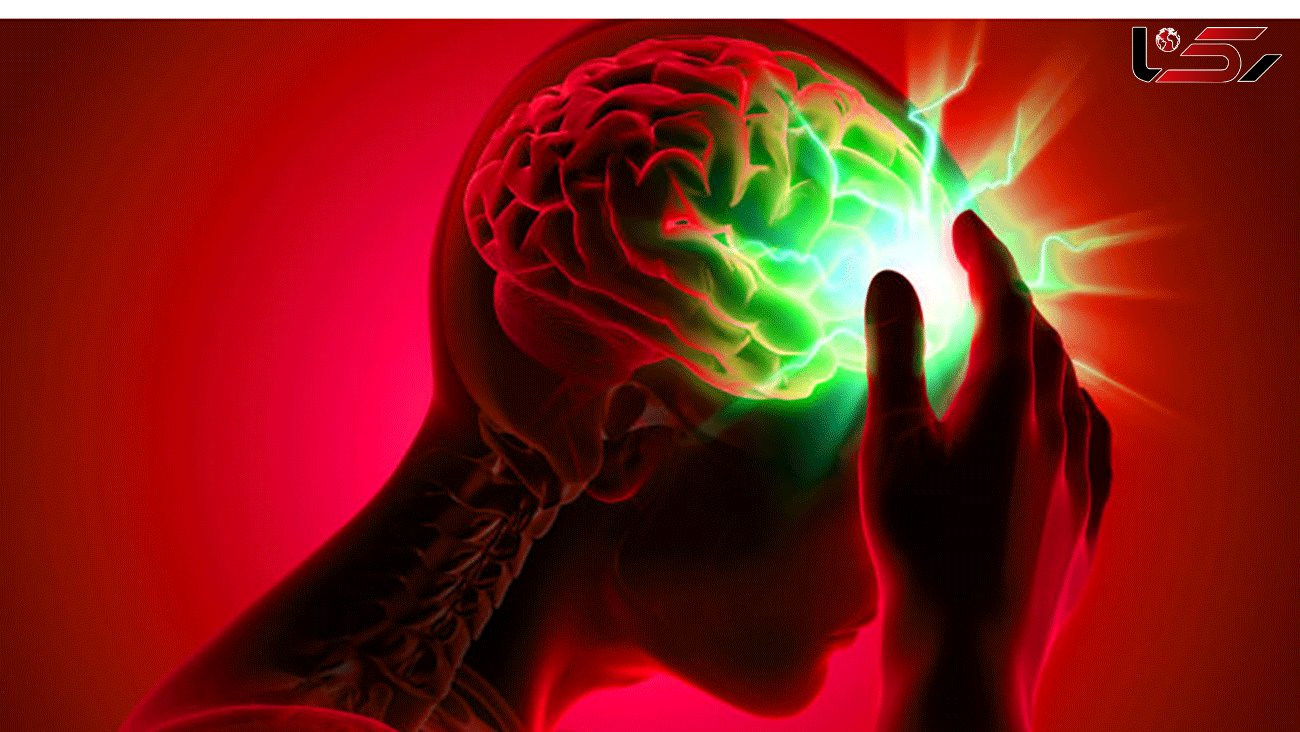Nearly 1.4% of Hospitalized COVID-19 Patients Suffer Stroke
Rokna: At least one in every 100 COVID-19 patients admitted to hospital will suffer a stroke, according to fresh data.

Academics found strokes typically occur a few days after infection and may affect those who never show tell-tale symptoms of the coronavirus in the first place.
Those who suffer the life-threatening complication tend to be older, but around six years younger than patients normally seen in hospitals. And strokes from COVID-19 were around twice as deadly as usual strokes, the Daily Mail reported.
Underlying ill health, such as that caused by high blood pressure and diabetes, were also found to be a risk factor for coronavirus-linked strokes.
The findings come from the Stroke Research Group at the University of Cambridge, who reviewed the existing evidence on COVID-19 and stroke. In total, the researchers analysed 61 studies, covering more than 100,000 patients admitted to hospital with the coronavirus.
The results of the study are published today in the International Journal of Stroke.
Professor Hugh Markus, who leads the Stroke Research Group at Cambridge, said the incidence of stroke among COVID-19 patients was 'low'.
But he added: 'The scale of the pandemic means many thousands of people could potentially be affected worldwide.'
The research found strokes occurred in 14 out of every 1,000 cases - the equivalent of 1.4 hospitalised patients out of every 100.
Acute ischaemic stroke, caused by a blood clot cutting off blood supply to the brain, was the most common type of stroke.
Brain haemorrhages — which are caused by an artery in the brain bursting — were less common.
Most patients who suffered the deadly events had been admitted to hospital with COVID-19 symptoms, and they then suffered a stroke a few days later.
Patients who had a more severe infection with SARS-CoV-2 – the coronavirus that causes COVID-19 – were also at greater risk.
However, the researchers warned that many cases of COVID-19 are asymptomatic, causing no symptoms at all.
They now recommend that every stroke patient admitted to hospital is tested for COVID-19 for that reason.
COVID-19 patients who developed stroke were on average 4.8 years older than those who did not. But they were on average six years younger than non-COVID-19 stroke patients, according to the analysis.
Pre-existing health conditions, such as high blood pressure, diabetes and heart disease, also increased the risk of stroke, the research team noted.
However, the experts found no difference between rates of stroke among infected men and women, or smokers versus non-smokers.
The researchers said COVID-19-associated strokes were more severe and had a high mortality than what's usually seen in stroke patients.
Out of 1,655 patients who had enough data to be analysed, 31.5 per cent died. This compares with 11 to 12 per cent of non-COVID stroke patients.
The researchers gave several possible mechanisms for why the coronavirus, once thought to be a purely respiratory disease, causes strokes.
One mechanism might be that the virus triggers an inflammatory response that causes the thickening of the blood, increasing the risk of thrombosis and stroke.
Another relates to ACE2 – a protein 'receptor' on the surface of cells that SARS-CoV-2 uses to break into the cell.
This receptor is commonly found on cells in the lungs, heart, kidneys, and in the lining of blood vessels. If the virus invades the lining of blood vessels, it could cause inflammation, constricting the blood vessels and restricting blood flow.
A third possible mechanism is the immune system over-reacting to the infection, with the body then releasing an excessive amount of proteins known as cytokine.
This so-called 'cytokine storm' could then cause brain damage, and has also been speculated to damage blood vessels, and cause blood platelets to become more 'hyperactive'.
An important question is whether the coronavirus is directly increasing the risk of stroke, or whether patients who suffer them were already more at risk, and COVID-19 indirectly led to the event.
'The picture is complicated,' said study author Dr Stefania Nannoni from the department of clinical neurosciences at the University of Cambridge.
'For example, a number COVID-19 patients are already likely to be at increased risk of stroke, and other factors, such as the mental stress of COVID-19, may contribute to stroke risk.
'On the other hand, we see evidence that COVID-19 may trigger – or at least be a risk factor for – stroke, in some cases.
'Firstly, SARS-CoV-2 more so than other coronaviruses – and significantly more so than seasonal flu – appears to be associated with stroke.
'Secondly, we see a particular pattern of stroke in individuals with COVID-19, which suggests a causal relationship in at least a proportion of patients.'
Professor Markus said: 'Clinicians will need to look out for signs and symptoms of stroke, particularly among those groups who are at particular risk, while bearing in mind that the profile of an at-risk patient is younger than might be expected.'
The research was supported by the Medical Research Council, the National Institute for Health Research (NIHR), the NIHR Cambridge Biomedical Research and the British Heart Foundation.

Send Comments